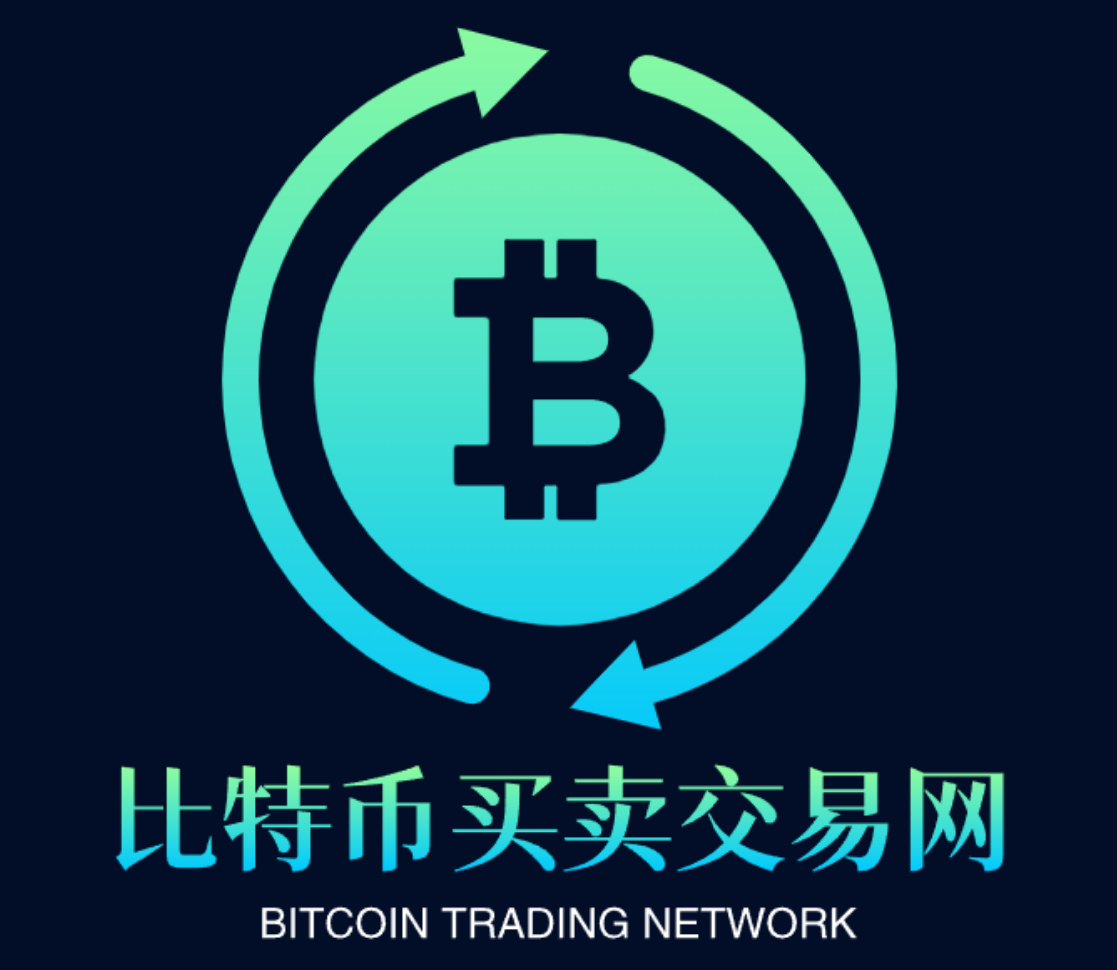Blockchain Capital:超越价格——了解数字资产的经济学原理
作者:Jason Di Piazza、Yuan Han Li 来源:Blockchain Capital 翻译:善欧巴,比特币买卖交易网
在自由开放的市场中追求自身利益会在不知不觉中促进社会福利,这一原则首先由亚当·斯密提出,后来得到经济学家米尔顿·弗里德曼和保罗·萨缪尔森的确认。这一概念仍然是现代经济学的基石。
道格拉斯·诺斯(Douglass North)扩展了这一点,阐述了精心设计的保护产权和合同执行的制度塑造个人行为,通过明确的激励框架减轻经济不确定性。正如我们在美国、英国、日本和其他国家所看到的那样,此类法律框架灌输了人们对经济体系公平性和可靠性的信任,最终刺激了创业、投资和持续经济增长。
相反,信任会随着腐败、不透明、激励失调或垄断行为的出现而减弱,从而抑制经济活动和创新。互惠互利的潜力就丧失了。随着权力集中,滥用和激励失调的风险增加,威胁到自由开放经济的完整性。
历史提供了许多此类结果的例子。例如,在 19 世纪末的美国,强大的铁路垄断企业的崛起导致了普遍的价格歧视、市场操纵和压制竞争。这些做法削弱了人们对市场公平和效率的信心。
虽然谢尔曼反垄断法等立法行动是遏制这些垄断行为的直接反应,但技术进步在运输和物流多元化方面也发挥了至关重要的作用。汽车的发明和大规模生产以及州际公路系统的发展就是一个很好的例子。
今天的互联网垄断也有相似之处。正如 19 世纪的铁路垄断企业集中权力并抑制竞争一样,当今占主导地位的数字平台尽管对全球互联互通做出了不可否认的贡献,但也造成了类似的不平等经济格局。
正如汽车挑战铁路垄断一样,区块链驱动的去中心化系统的出现——实现了去信任的点对点交互——为当今数字经济的民主化提供了潜在的解决方案。
这场革命的核心是代币,这是一种用于数字参与和价值交换的新颖协调机制。从本质上讲,代币只是资产。它们的独特之处在于它们的可编程性,这将它们从静态的价值单位转变为动态的、多功能的工具,能够在经济系统中灌输信任、公平和可靠性。
就像音乐会门票可以进入活动一样,代币可以访问数字服务和/或资源,并具有过期日期、可转让性甚至收入共享协议等附加功能。想象一下,如果拥有苹果股票不仅代表股权价值和治理权,还可以让你独家使用最新的 iPhone 或享受苹果服务的折扣——这就是代币的力量。
从本质上讲,股权和数字资产都代表着公司或协议未来成功和发展的利益。因此,投资者应主要关注两个关键因素:价值增值的潜力(价值增值)和影响公司方向的能力(治理权)。
与其他资产一样,代币并不是生来平等的。虽然股票是公司的部分所有权股份,具体情况各不相同,但通过股权原则统一,但代币是一种异构资产类别。一些代币提供类似股权的风险敞口,而另一些代币则授予服务访问权、治理权或体现生态系统价值单位。这种异质性要求评估每个代币在其生态系统中的独特特征。
例如,我们可以将Uniswap和Doge并置。在前者中,Uniswap 的代币从其在广泛采用的去中心化交易所中的治理和潜在费用捕获中的作用中获得价值。另一方面,狗狗币的价值主要源于其由模因驱动的受欢迎程度和投机需求,而不是明确的潜在效用。
虽然情绪和动量因素可以推动短期价格走势,但可持续的价值创造依赖于两个相互依赖的因素:代币经济和网络效用。
代币经济学融合了经济原理、激励结构和治理机制,以规范代币的供应、需求、分配和决策过程。这一发展中的领域融合了经济学、博弈论、计算机科学和政治经济学,旨在创建可持续的生态系统,平衡和协调利益相关者的利益。换句话说,它们是道格拉斯·诺斯高效经济组织的数字化体现。
另一方面,网络效用代表了项目所实现的现实应用、采用和价值创造。
代币经济学和网络效用共同构成了评估项目长期基本价值的基础。通过评估代币的经济设计、治理结构和数字效用,投资者可以就哪些公司或协议有潜力推动持久变革并产生可持续价值做出更明智的决策。
治理价值:所有代币价值都从治理结构下游流动。代币所有权赋予持有者决策权,指导生态系统的未来及其智能合约框架
共识参与价值:代币所有权授予通过主动网络参与(例如质押)赚取费用和奖励的权利
效用价值:代币价值源自生态系统内的用例,例如访问服务、费用支付或作为交换手段。与基础层区块链代币特别相关
网络价值:生态系统的增长和采用所创造的价值,以用户活动、交易量和整体市场情绪来衡量,适用于所有代币类型
通过根据这些核心价值驱动因素评估代币,投资者可以更全面地了解项目的潜力,并就长期支持和持有哪些代币做出更明智的决定。
随着区块链和去中心化应用领域的不断发展,新的代币模型和价值驱动因素将会出现,需要多学科团队来评估和驾驭这一格局。其中包括区块链技术、经济学、博弈论、计算机科学、硬件设计和政治经济学方面的专家。
在区块链资本,我们投资数字资产是为了它们的效用、权利和治理,而不是投机。作为投资者,我们可以通过支持体现这些原则、推动积极变革并创造长期价值的项目来塑造去中心化生态系统的未来。通过参与和适应性,我们的目标是帮助建立一个由代币驱动的更加包容、透明和公平的经济未来。
The principle that Shanouba Bitcoin Trading Network pursues its own interests in a free and open market and will unconsciously promote social welfare was first put forward by Adam Smith and later confirmed by economists Milton Friedman and Paul Samuelson. This concept is still the cornerstone of modern economics. Douglas North expanded this point and expounded that a well-designed system for protecting property rights and contract execution can shape individual behavior and reduce economic uncertainty through a clear incentive framework. Qualitative as we have seen in the United States, Britain, Japan and other countries, this kind of legal framework instills people's trust in the fairness and reliability of the economic system, which ultimately stimulates venture capital and sustained economic growth. On the contrary, trust will weaken with the emergence of corruption, opacity, incentive imbalance or monopolistic behavior, thus inhibiting economic activities and innovation, and the potential for mutual benefit will be lost. With the increase of the risk of centralized abuse and incentive imbalance, the integrity of the free and open economy will be threatened. Many examples of such results, such as the rise of powerful railway monopoly enterprises in the United States at the end of the century, led to widespread price discrimination, market manipulation and suppression of competition, which weakened people's confidence in market fairness and efficiency. Although legislative actions such as Sherman's antitrust law were a direct response to curbing these monopolistic behaviors, technological progress also played a vital role in the diversification of transportation and logistics, such as the invention and mass production of automobiles and the development of interstate highway systems. There are similarities in today's internet monopoly, just as the railway monopoly enterprises in the century concentrated power and suppressed competition. Although the dominant digital platform today has made undeniable contributions to global interconnection, it has also caused similar unequal economic structure, just as the automobile challenges the railway monopoly. The emergence of blockchain-driven decentralized system has realized peer-to-peer interaction of distrust and provided potential solutions for the democratization of today's digital economy. The core is token, which is a novel coordination mechanism for digital participation and value exchange. In essence, tokens are just assets. Their uniqueness lies in their programmability, which transforms them from static units of value into dynamic multifunctional tools, which can instill trust, fairness and reliability in the economic system, just like concert tickets can enter activities. Tokens can access digital services and or resources, and have expiration dates, transferability and even additional functions such as revenue sharing agreements. Imagine that owning Apple stock not only represents the equity value and governance rights, but also allows you to exclusively use the latest or enjoy discounts on Apple services. This is the power of tokens. In essence, both equity and digital assets represent the interests of the future success and development of the company or agreement. Therefore, investors should mainly pay attention to two key factors: the potential value appreciation and the ability to influence the company's direction. The governance rights of tokens are not equal to other assets, although stocks are part of the company. The specific situation of entitled shares is different, but it is unified by the principle of equity, but tokens are a heterogeneous asset class. Some tokens provide similar equity exposure, while others grant service access rights or reflect the value unit of the ecosystem. This heterogeneity requires evaluating the unique characteristics of each token in its ecosystem. For example, we can obtain the tokens juxtaposed with the former from their role in governance and potential cost capture in widely used decentralized exchanges. On the other hand, dogecoin's value mainly comes from its popularity and speculative demand driven by memes, rather than its clear potential utility. Although emotion and momentum factors can promote the short-term price trend, sustainable value creation depends on two interdependent factors: token economy and network utility. Token economy integrates economic principles, incentive structure and governance mechanism to standardize the supply, demand, distribution and decision-making process of tokens. This developing field integrates economics, game theory and computer science. Science and political economics aim to create a sustainable ecosystem to balance and coordinate the interests of stakeholders. In other words, they are the digital embodiment of Douglas North's efficient economic organization. On the other hand, network utility represents the practical application and value creation realized by the project. Token economics and network utility together constitute the basis for evaluating the long-term basic value of the project. By evaluating the economic design, governance structure and digital utility of tokens, which companies or agreements can investors promote? Make smarter decisions by lasting change and generating sustainable value. Governance value All token values flow from the downstream of the governance structure. Token ownership gives the holder the decision-making power to guide the future of the ecosystem and its intelligent contract framework. Consensus participation value Token ownership grants the right to earn fees and rewards through active network participation such as pledge. Utility value Token value originates from use cases within the ecosystem such as access service payment or as a means of exchange with basic layer blockchain tokens. The growth and adoption of the related network value ecosystem, the created value is measured by user activity transaction volume and overall market sentiment, which is applicable to all token types. By evaluating token investors according to these core value drivers, they can understand the potential of the project more comprehensively and make more informed decisions on which tokens to support and hold for a long time. With the continuous development of blockchain and decentralized application fields, new token models and value drivers will emerge, which need multidisciplinary teams to evaluate and hold. Harnessing this pattern includes experts in blockchain technology, economics, game theory, computer science, hardware design and political economy. In blockchain capital, we invest in digital assets for their utility, rights and governance rather than speculation. As investors, we can shape the future of decentralized ecosystem by supporting projects that embody these principles and promote positive changes and create long-term value. Through participation and adaptability, our goal is to help build a more inclusive, transparent and fair economic future driven by tokens. 比特币今日价格行情网_okx交易所app_永续合约_比特币怎么买卖交易_虚拟币交易所平台
注册有任何问题请添加 微信:MVIP619 拉你进入群

打开微信扫一扫
添加客服
进入交流群
1.本站遵循行业规范,任何转载的稿件都会明确标注作者和来源;2.本站的原创文章,请转载时务必注明文章作者和来源,不尊重原创的行为我们将追究责任;3.作者投稿可能会经我们编辑修改或补充。


















